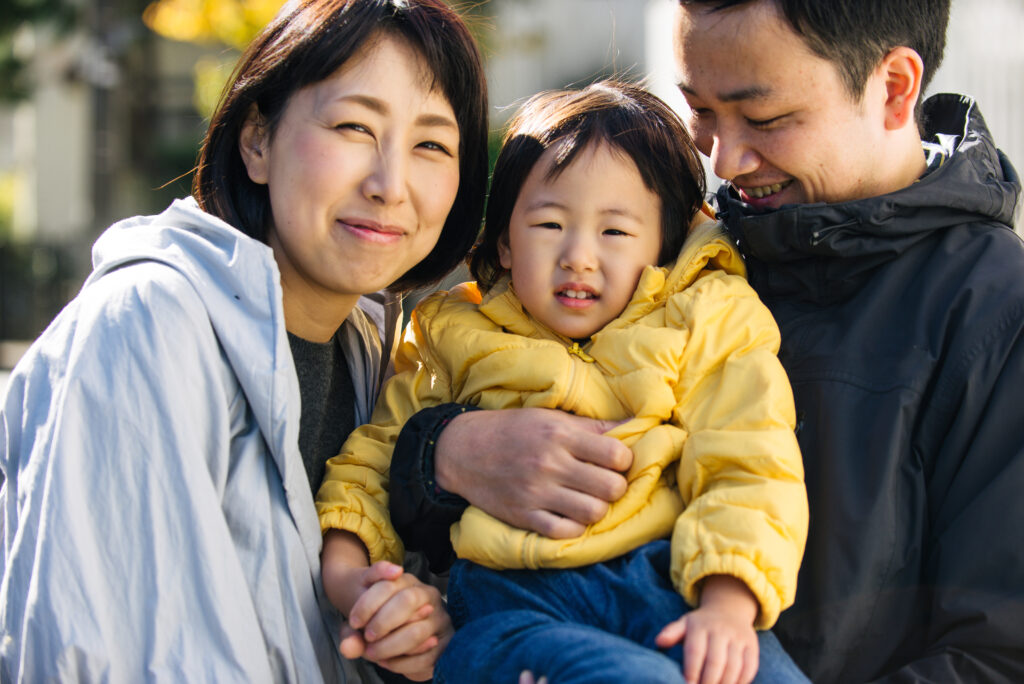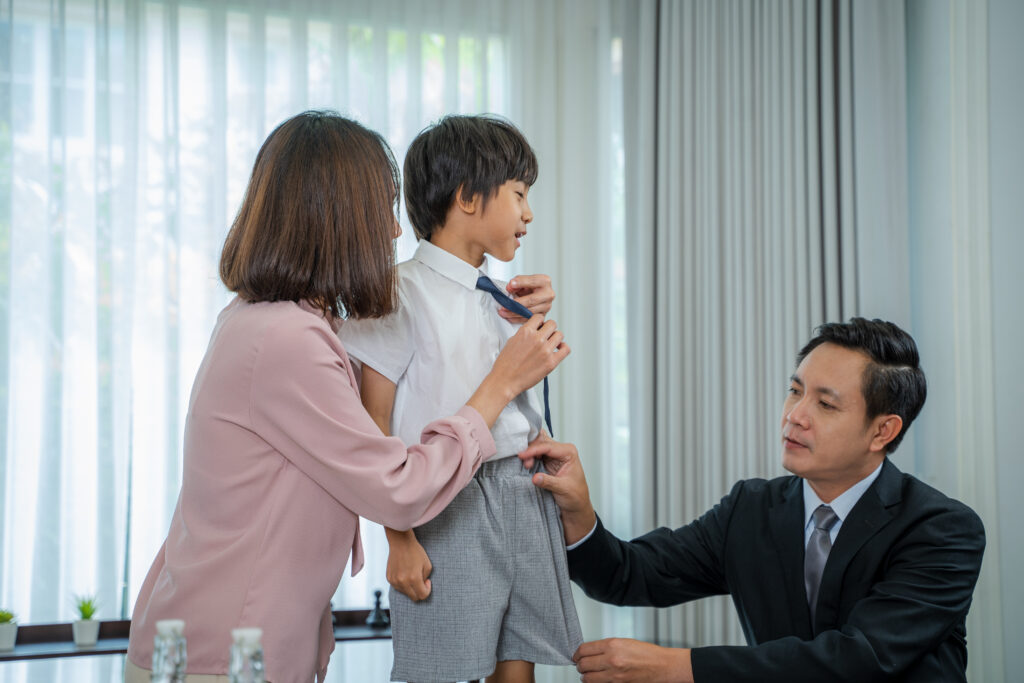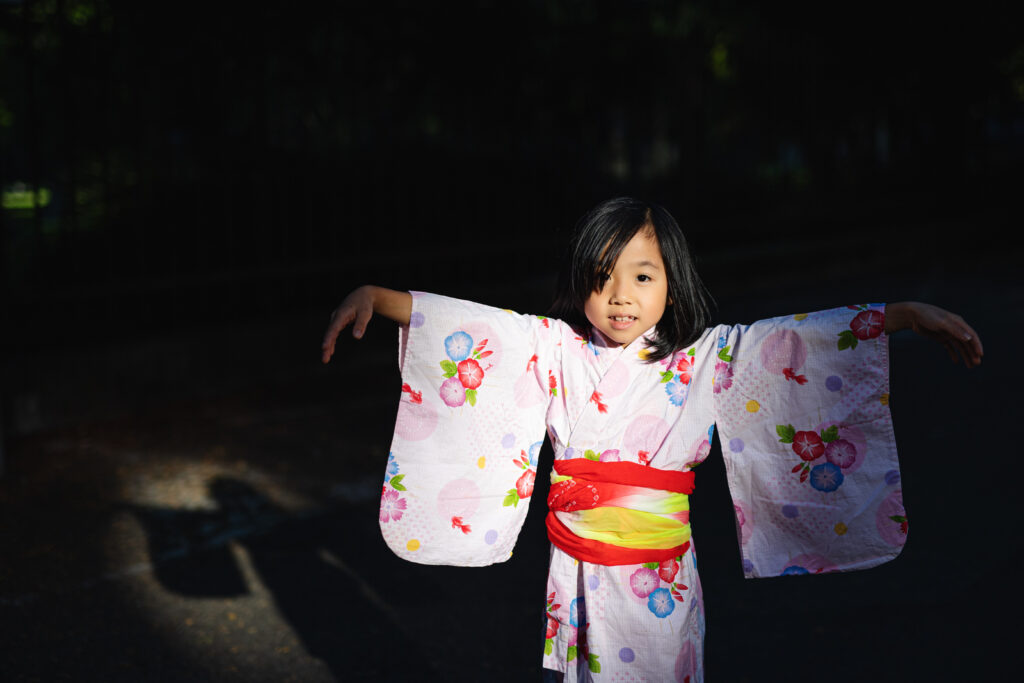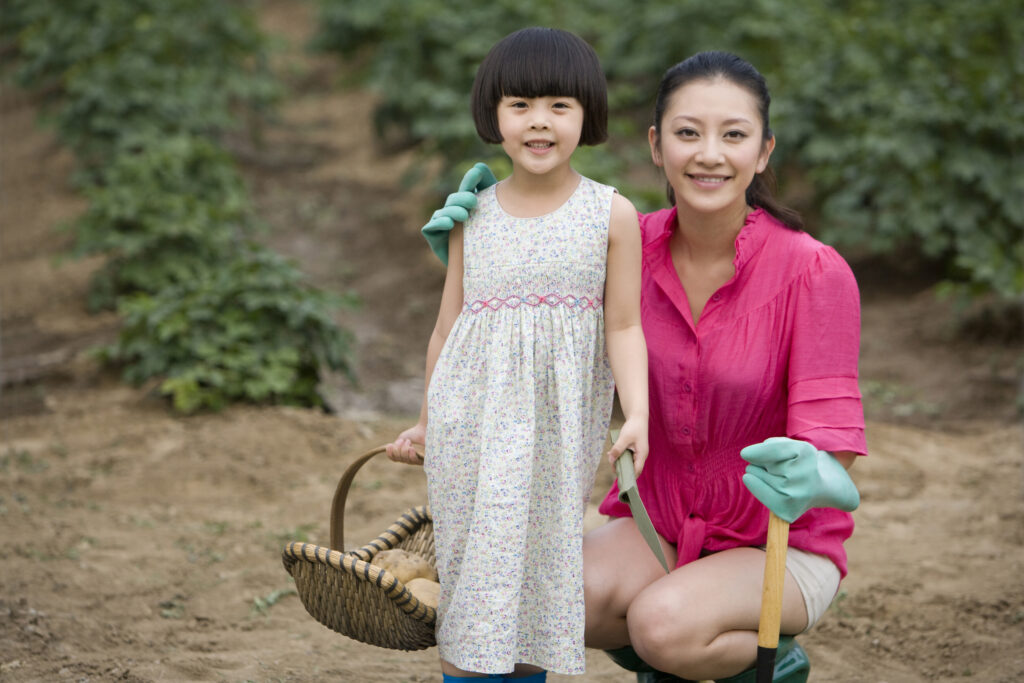Parenting in Japan Culture
Japanese culture emphasizes nurturing with discipline and independence, but it’s always linked to close family ties. That is how they teach children how to achieve social harmony, respect others, and appreciate the value of education. Parents often guide through role modeling and emotional connection rather than strict authoritarian methods.
Japanese parenting exemplifies the qualities of good parents by combining nurturing care with discipline, fostering emotional bonds while teaching responsibility and respect. This approach encourages independence and social harmony. That reflects the balance of love and guidance essential for raising well-rounded children.

The World Famous Parenting Style
Parenting in Japan is celebrated globally for its harmonious blend of affection, discipline, and fostering independence. Most of the time, emotional bonds are strengthened through co-sleeping, spending quality time with one’s children, and fostering such quality during early development.
Be highly educated and demonstrate all of that teaching children for respect with another, self-control, and the value of a contribution to the whole group, meaning that social harmony that values in their culture. In that healthy yet regulated way, children end up growing into independent and responsible individuals. Who have been admired by the whole world for their discipline and politeness.
Education and cultural values are central pillars of Japanese parenting, making it a globally recognized style. Both regard academic achievements that try to inspire the youngsters and themselves nearer to the success by hard work and commitment.
Structured routines, combined with opportunities for play and creativity, ensure holistic development. Japanese parents lead by example, demonstrating kindness, respect, patience and diligence, which their children naturally emulate. This unique combination of care, structure, and cultural values has made Japanese parenting an admired approach in raising well-rounded and community-oriented individuals.

How is Japanese parenting connected to cultural celebrations?
Parenting in Japan is deeply intertwined with cultural celebrations, using them as opportunities to teach values and foster family bonds.
Oshogatsu
Oshogatsu is the time of the year that our family usually visits shrines and has a celebratory traditional Japanese meal and greets each other. With New Year’s blessings which all convey the importance of familia relations and how we ought to respect our ancestors. Thus Japanese culture serves as a foundation for teaching children the importance of family bonds, gratitude, and maintaining social harmony.
Shichi-Go-San
In Japan, when Shichi-Go-San comes, the children wearing traditional dresses, aged three to five and then seven, come to visit shrines in order to gain a sense of culture pride as well as heritage. These occasions become significant moments for parents with their children while teaching them how to appreciate and respect traditions and life milestones.

Kodomo no Hi
Such festivals as Children’s Day (Kodomo no Hi) are set up to celebrate the health and well-being of children, and parents spend time with them, creating koinobori (carp streamers) and understanding what it means to be resilient.
Obon
Festivals such as Obon teach children the way of paying respect to the dead ancestors of their family. It instills in them the value of remembering their origin and upholding family ties.
These celebrations are thus not limited to celebrations but open avenues for parents to communicate a moral code; it is a place to teach cultural identity and a sense of belonging to their children, shaping them as community-minded individuals. Through cultural participation, Japanese parents inculcate the values of social harmony, responsibility, and reverence for elders.
The Pressures on Japanese Motherhood
Parenting is hard in Japan, specially for the mothers. Being a Japanese mother carries with it great expectations from society and from the family. These create great pressure on her shoulders. In Japan, mothers are generally expected to be the all-rounders who take care of home affairs while worrying about the children and the schooling and extra-curricular activities.

The emphasis placed on children’s achievement in education and discipline creates a significant burden for mothers regarding how well their children meet these standards. This gives rise to the “supermom” stereotype as women try to balance every possible aspect of seemingly perfect parenting and sacrifice their personal needs or careers.
Apart from the academic demands, Japanese mothers also have to bear with several social pressures to show themselves to be perfect in societal terms concerning the family. In Japan, good mothering is associated with bringing well-behaved academically successful children, fostering emotional well-being and social skills, and providing a family life that is in harmony with one another.
This situation is made worse by the traditional Japanese gender roles where a mother is supposed to be self-sacrificing for her children. Many mothers feel judged from within the family or peer groups, thus leaving them feeling guilty or inadequate when they fail to live up to such ideals.
Role of Educational System in Japanese Parenting
The education system is indeed part of parenting in Japan, as it incorporates children into cultural values regarding discipline, respect, and academic achievement. Children learn to respect authority, obey rules, and work with others at a young age.
Students endure long hours of arduous study in conjunction with extracurricular activities. Following this rigorous school system, parents have to go to the length of providing private tutoring or tuition to their children, as this is where its value lies- perseverance and hard work.

Japanese parents view education as a crucial aspect of a child’s development, often guiding them with high expectations and support. Education isn’t only about being smart; it also teaches you how to get along with people and act with responsibility and manners.
Being good and active participants in community activities, parents cheerfully engage in the school for events meant to involve the parents with both teachers and children in their learning. This emotional attachment is evidence of a collective cultural attitude where success is not just a person’s but a family’s pride, and each effort is directed towards the common good of society.
Frequently Asked Questions
1. How is parenting viewed in Japan?
Parenting has generally been considered a joint responsibility in Japan, with nurturing, disciplining, and educating revolving mostly around family and local community.
2. Do Japanese parents love their kids?
Indeed, Japanese parents love their kids, with a strong environment of care and support, to put children’s well-being and education above all things.
3. Do Japanese children take care of their parents?
In tradition, Children of Japan look after their parents which is deeply rooted in their culture concerning the values of piety and respect for the elders.


